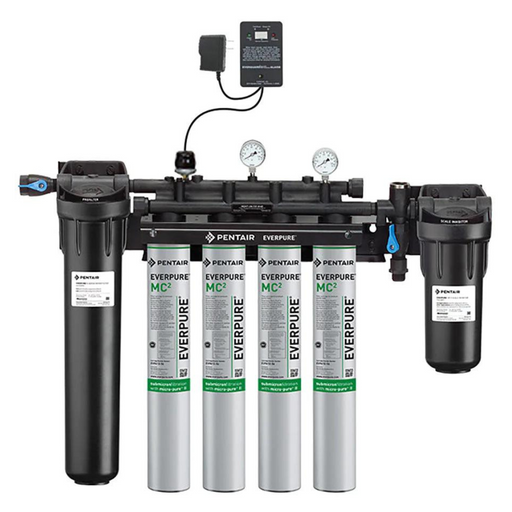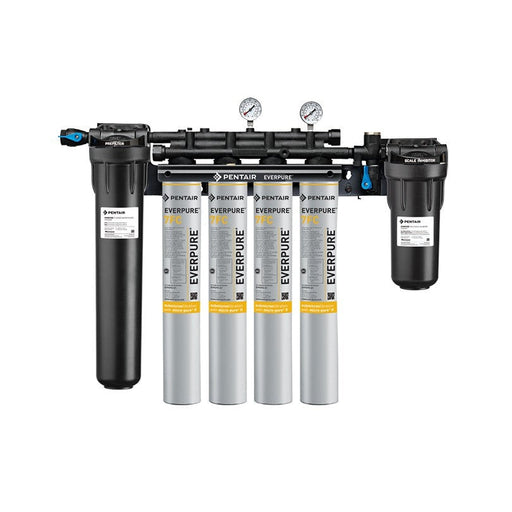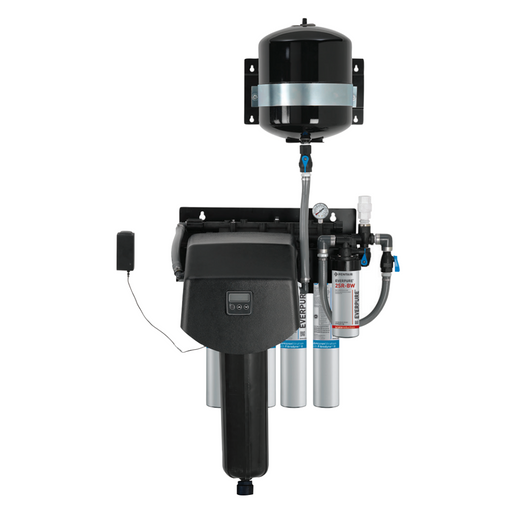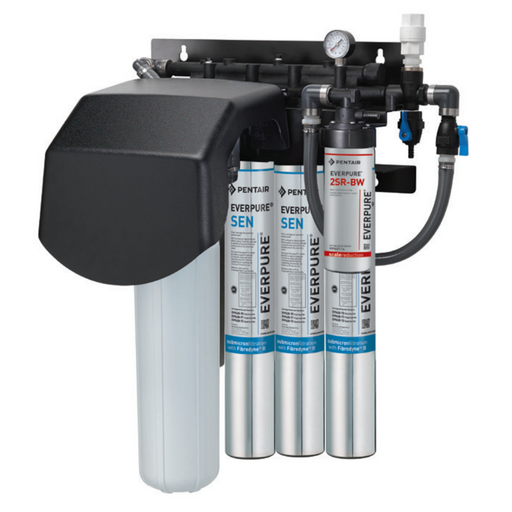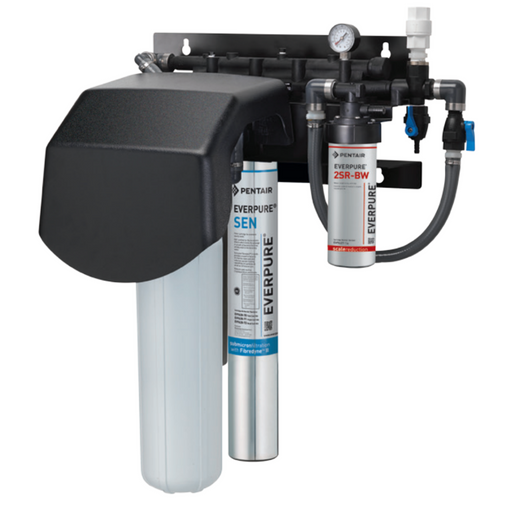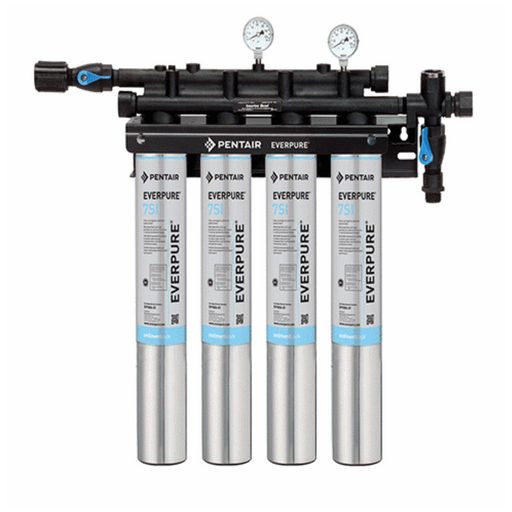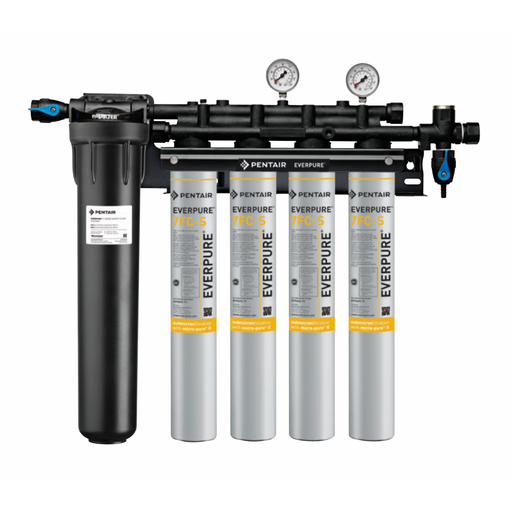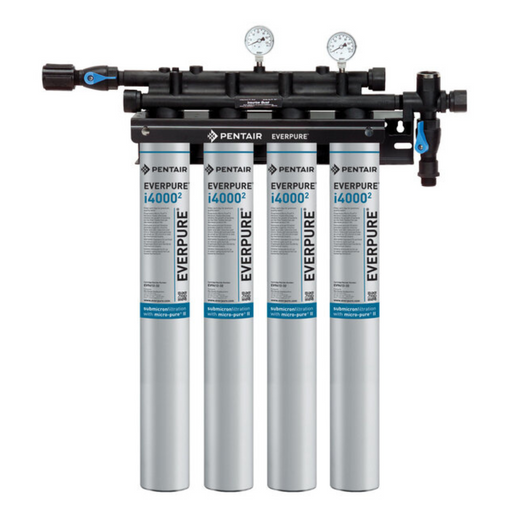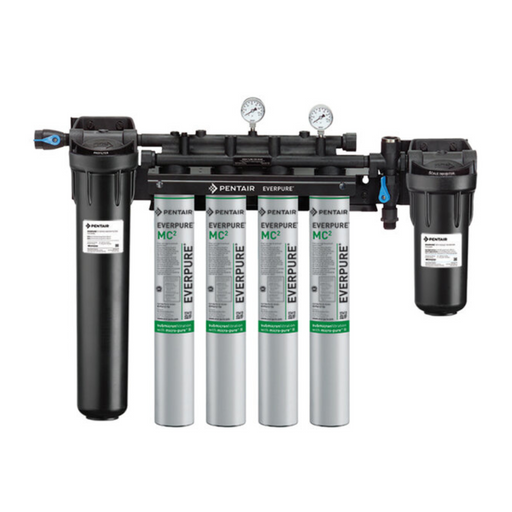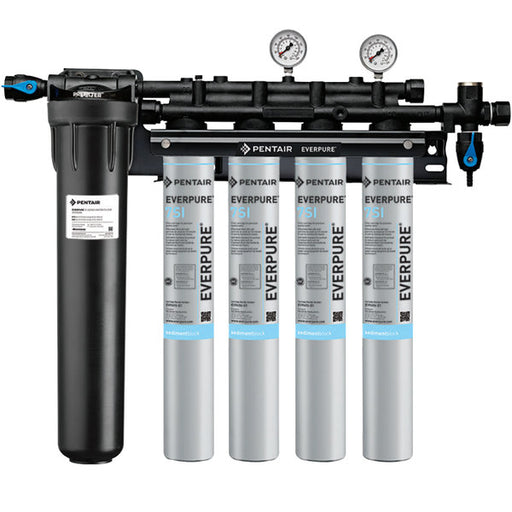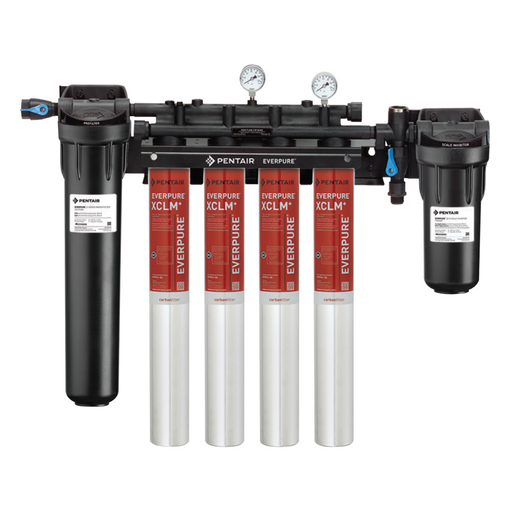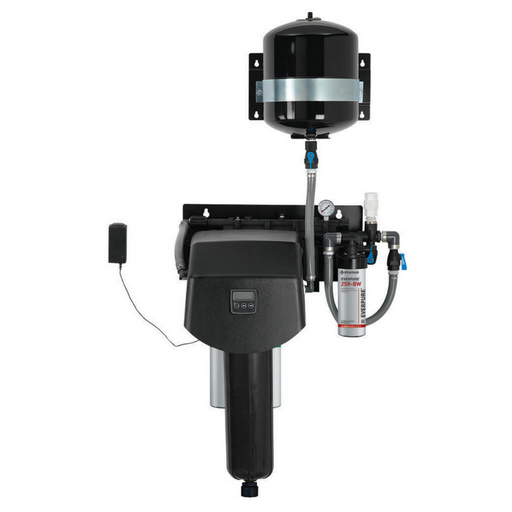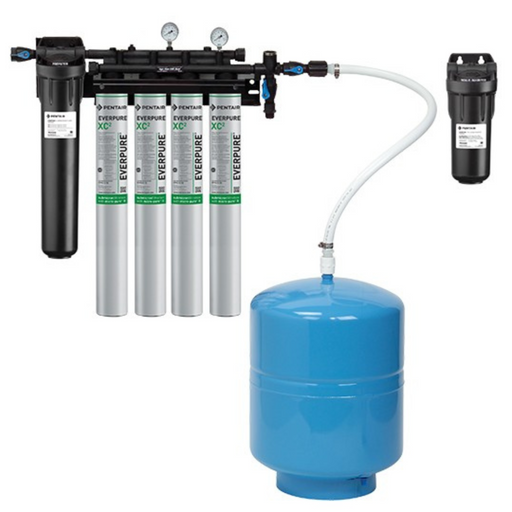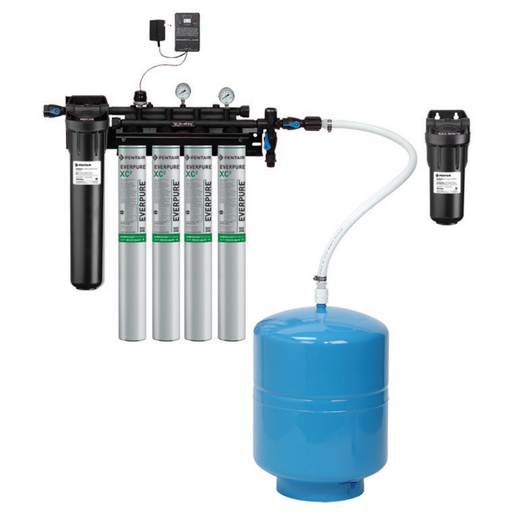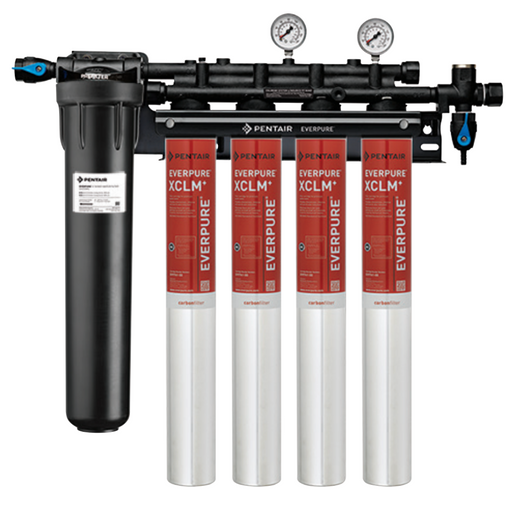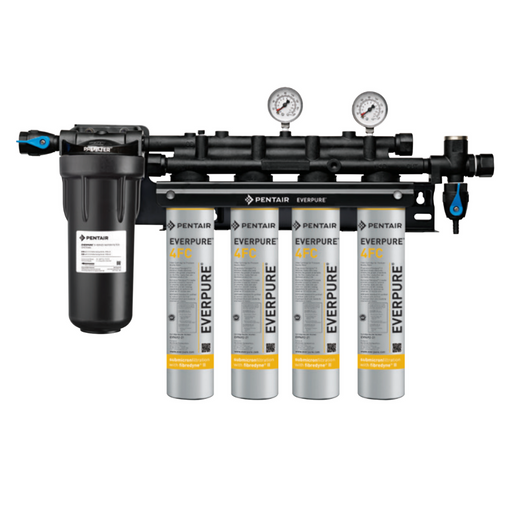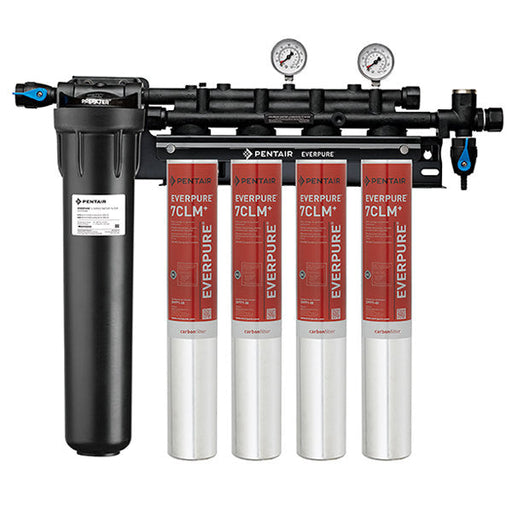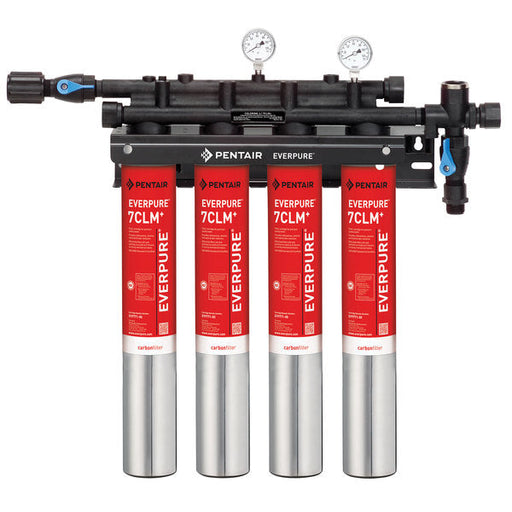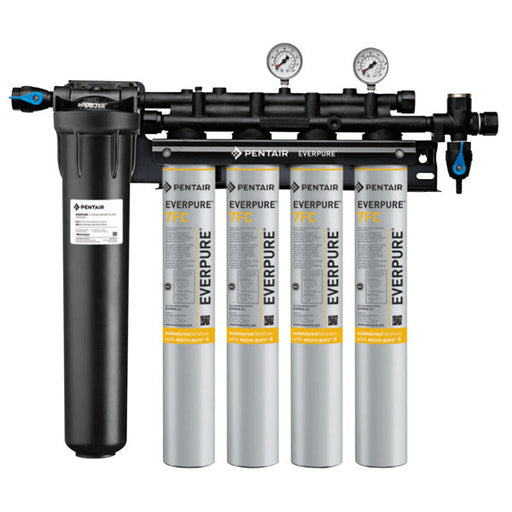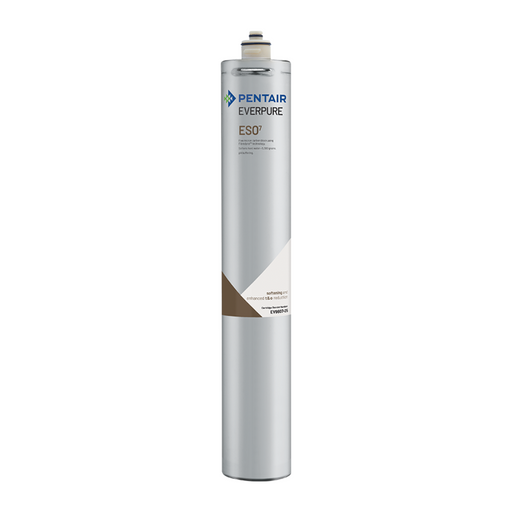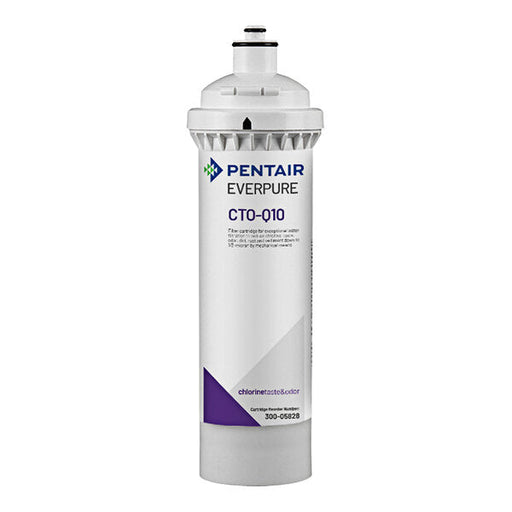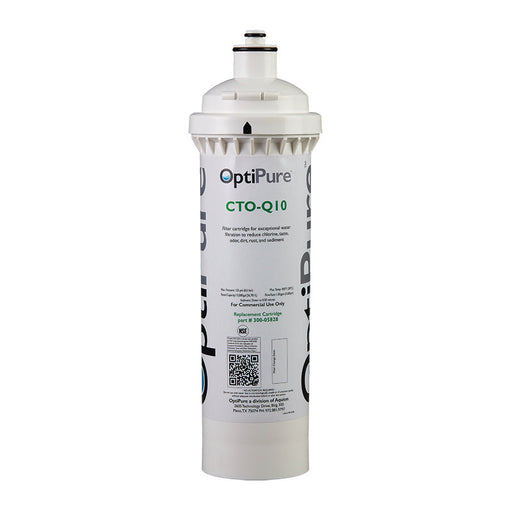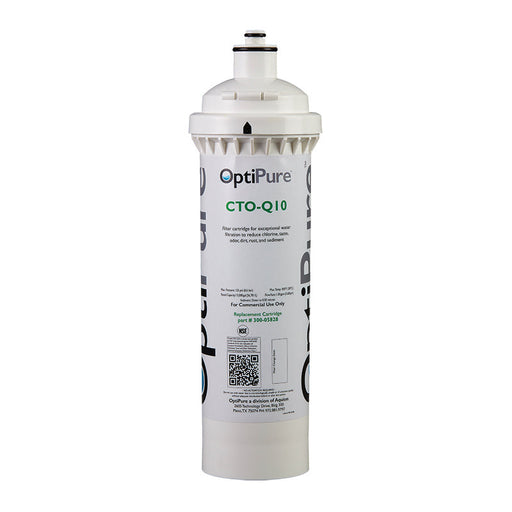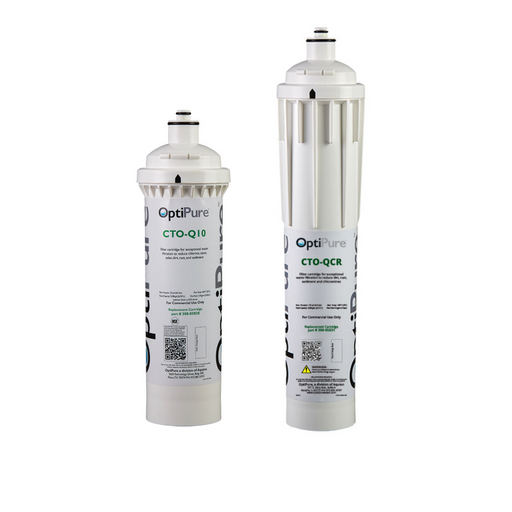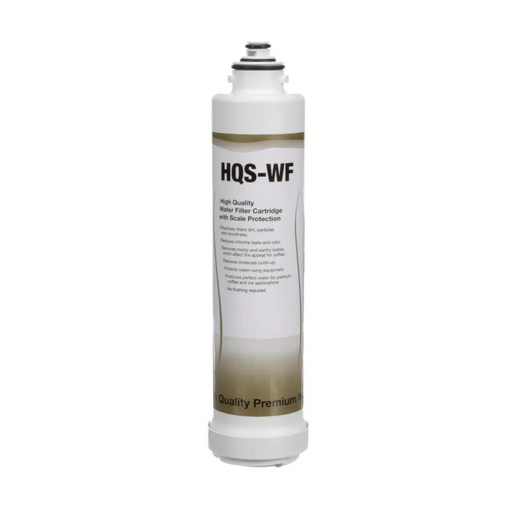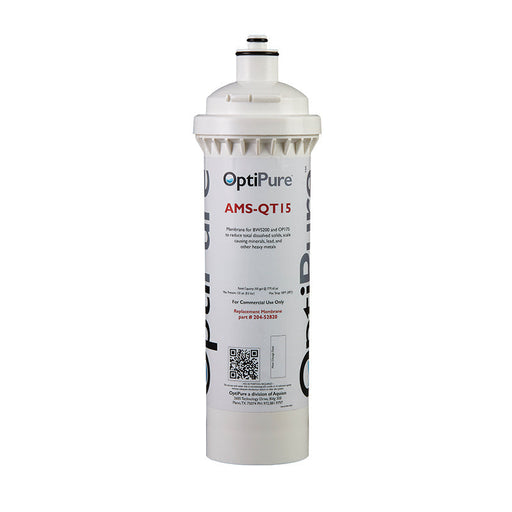Call or Text 303-736-9856
Best Sellers
Everpure ESO7 EV9607-25 Espresso Water Filter Cartridge 1.0 GPM 5,300 Grains
The Everpure ESO 7 EV960725 Cartridge has a unique three-stage blending process to provide softened, buffered, filtered water for specialty coffee,...
View full detailsOptiPure 300-05828 CTO-Q10 Replacement Cartridge 1.5 GPM 0.5 Micron
The Pentair OptiPure CTO-Q10 is a 10” Qwik-Twist cartridge for use in OptiPure QT10 Series Systems to reduce sediment down to 0.5-microns and reduc...
View full detailsOptiPure 170-52081 QTI1+CR Replacement Cartridge Kit CTO-Q10 CTOS-QCR
The CTO-Q10 is a 10” Qwik-Twist cartridge that reduces sediment down to 0.5 microns and reduces chlorine, taste & odor at a flow rate of 1.5 GP...
View full detailsEverpure DEV9830-01 HQS-WF Filter Cartridge
Application: Produces perfect water for premium drinking water applications. Fits Everpure QL1 and QL3b heads. Part of a sanitary quick-change fil...
View full detailsOptiPure 204-52820 AMS-QT15 Reverse Osmosis RO Membrane
The AMS-QT15 is a 10″ Qwik-Twist replacement membrane for BWS200 and OP175 systems that reduces Total Dissolved Solids (TDS), scale-causing mineral...
View full details4-Stage Water Filtration Systems
A 4-stage water filtration system is a type of water purification setup designed to remove impurities and contaminants from drinking water. It consists of four distinct stages, each utilizing different technologies to enhance water quality. The stages typically include:
- Sediment Filtration: The first stage involves passing the water through a sediment filter. This filter is designed to remove large particles, such as dirt, sand, rust, and other debris, effectively protecting the subsequent stages from damage or clogging. It helps to improve water clarity and prevent any visible particles from reaching the later filtration stages.
- Carbon Filtration: In the second stage, the water passes through an activated carbon filter. Activated carbon is highly porous and has a large surface area that can effectively adsorb and trap a wide range of contaminants. It can remove chlorine, volatile organic compounds (VOCs), certain chemicals, unpleasant odors, and tastes. This stage is particularly important for enhancing the taste and odor of the water.
- Reverse Osmosis (RO) Filtration: The third stage of the 4-stage filtration system involves using a semi-permeable membrane, typically a reverse osmosis membrane. During this process, water is forced through the membrane, which has tiny pores that can block smaller particles and impurities. Reverse osmosis can remove heavy metals, dissolved solids, bacteria, viruses, and other contaminants, making it a highly effective purification step.
- Post-Carbon Filtration: After passing through the RO membrane, the water may still contain some trace impurities and have a flat taste due to removing minerals during the RO process. The fourth stage typically employs a post-carbon filter, which is often referred to as a polishing filter. This stage helps to further enhance the water's taste by removing any residual impurities and volatile organic compounds, while also restoring some beneficial minerals for better flavor.
The result of a 4-stage water filtration system is clean, clear, and great-tasting water, suitable for drinking and cooking. These systems are commonly used in residential settings and provide an effective way to improve water quality and safety. Keep in mind that the number of stages in a water filtration system can vary, and some systems may have more or fewer stages depending on their specific design and purpose.


